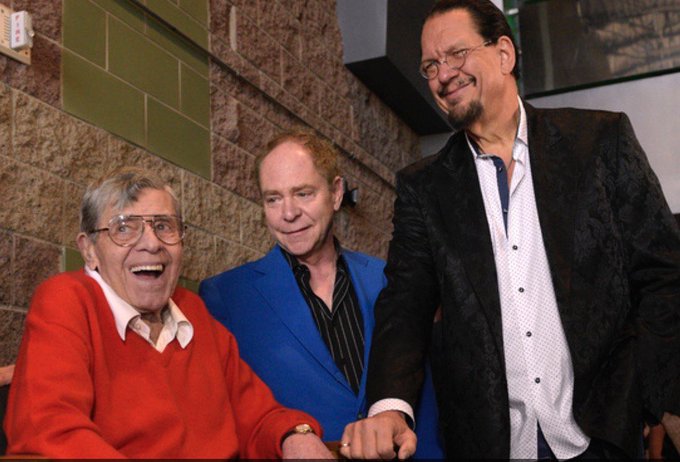Billboard
How Grammy-Winning Producer Steven Epstein Made ‘Hello, Dolly!’ Cast Album
5/31/2017
by Diane Snyder
Mister D: For those of you who’ve written me saying the cast album doesn’t sound like the show you saw, this article may explain it.
Before producer Steven Epstein makes a Broadway cast album, he nearly always has a chance to attend one or more performances of the show. But the Bette Midler-led revival of Hello, Dolly! — the hottest ticket on Broadway this season — was a different story entirely: Epstein had to record on Feb. 19 and 20, nearly a month before previews began, to time the record’s release as close to the show’s April 20 opening as possible.
Following its May 12 release on Sony Music’s Masterworks Broadway label, the album entered the Billboard 200 at No. 60. Now, Jerry Herman’s 1964 musical is up for 10 Tony Awards, including best musical revival and acting nods for Midler and David Hyde Pierce. Epstein, a 17-time Grammy winner who also worked on the Once cast album but usually works more squarely in the classical and jazz realms, chatted with Billboard recently about how everything came together for Dolly.
How did you prepare without seeing the show?
That the show has been around for many years made it easier, and seeing the Barbra Streisand film helped, just to get a sense of the characters and the music. It was a challenge, but with that talent, I wasn’t as concerned as I might have been with the time compression.
Good thing there was no pressure, right? Only a cast of 37, 28 musicians, and Bette Midler!
[Laughs] You could say there was a bit of a stress factor, but in doing a Broadway show it’s built into what one expects as a producer. The idea is you record the show on a dark day, on a Monday, so you start early. A session starts at either 9 or 10 o’clock in the morning and sometimes goes to midnight straight through, as opposed to other recording sessions where you have two- to three-hour sessions a day, then continue the next day. This becomes a marathon and you’ve got to get it right in that period of time.
But Dolly you recorded over two days?
What we do is we set up the day before, and in some cases we have the orchestra come in on Sunday so we can get balances. What I like to do is get across one or two of the pieces that are just instrumentals, even if they occur within a song that features singers — perhaps there’s a middle dance section or something like that — just to get as much done as possible. The next day the singers come in and we’re all set to go.
What have you learned from making classical recordings that comes in handy for a show like this?
The discipline. Particularly when you’re producing an orchestral recording, there are union rules that require a certain discipline to successfully achieve what you’re after. That kind of discipline lends itself to cast album recordings.
Is recording a Broadway cast album a similar process?
The microphone technique and what you’re trying to achieve in a classical recording is different. In an opera, you’ll want the presentation to sound almost like a concert-hall-type realization, whereas a cast album you want to achieve what’s happening onstage, but it’s a much more direct, impactful sound that you’re after. For instance, in a cast recording the singers, for the most part, will be put in isolation booths so you have control over what they’re singing, and the microphone placement will be much closer than in opera, where everybody sings in the same acoustic space in real time.
That’s another thing I prefer: recordings where you do everything in real time and everybody’s there at the same time. For a Broadway cast album, many producers and engineers like to record the orchestra first and then have the singers come in and overdub. I much prefer to have everybody in the same location and record at the same time because it gives you much more interplay and excitement and a much more realistic sense of the drama.
Had you worked with Bette Midler before?
Never had met her. She’s such a delight and lived up to every hope and expectation I had with respect to what she brought to the part and the quality of her work. I was very fortunate.








